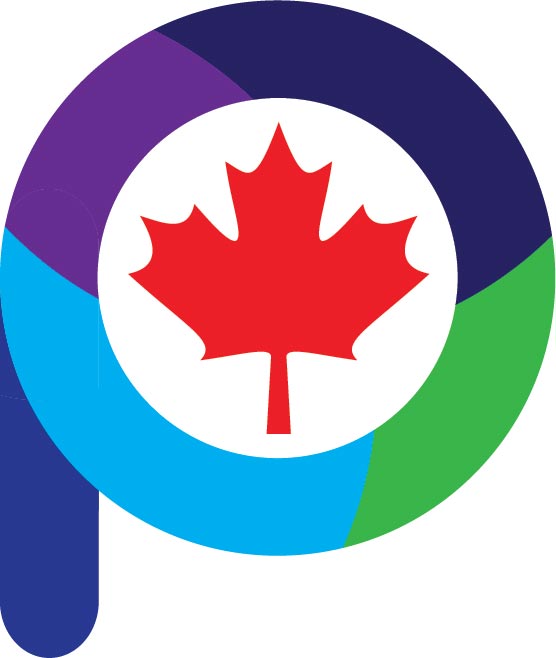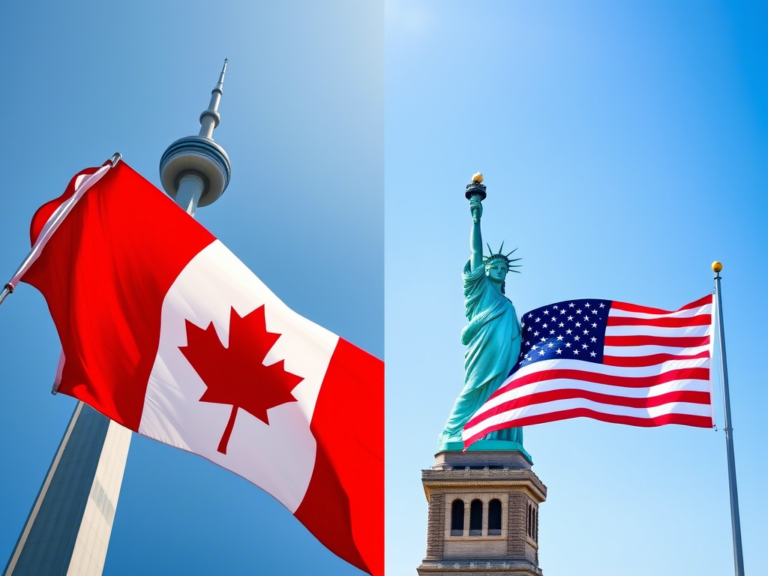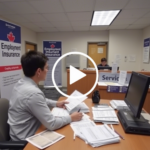Navigating tax season as a self-employed Canadian can be daunting, but understanding the full range of available tax deductions can make a significant difference in your bottom line. Claiming all eligible business expenses not only lowers your tax bill but also provides a clearer picture of your business’s financial health.
Essential Tax Deductions for Self-Employed Canadians
Self-employed individuals in Canada can deduct a wide variety of business-related expenses on their annual tax return. All deductions should be reported on the T2125 form (Statement of Business or Professional Activities), or TP-80-V if you are in Quebec.
- Home Office Expenses: If you work from home, you can deduct a portion of your rent or mortgage interest, utilities, and home insurance. The deductible amount is based on the percentage of your home used exclusively for business.
- Vehicle Expenses: If you use your vehicle for business, you can deduct a portion of gas, maintenance, insurance, lease payments, repairs, and registration fees. Keep a mileage log and all receipts to support your claim.
- Office Supplies and Equipment: Pens, paper, printer ink, computers, and software are all deductible if used for business purposes.
- Advertising and Promotion: Expenses for business cards, flyers, online ads, and other promotional materials are eligible write-offs.
- Professional Development: Courses, seminars, and certifications that enhance your skills in your field can be claimed as deductions.
- Bank Fees and Interest: Fees for business bank accounts and interest on loans used for business purposes are deductible.
- Bad Debts: Money you are owed but cannot collect and have already included as income can be written off as a bad debt expense.
- Business Insurance: Premiums for insurance policies related to your business are deductible.
- Legal, Accounting, and Professional Fees: Fees paid to accountants, lawyers, and consultants for business-related services can be deducted.
- Utilities, Internet, and Telephone: A portion of these expenses can be claimed if they are used for business purposes.
- Travel and Meals: Travel costs for business trips and 50% of meal and entertainment expenses incurred for business purposes are deductible.
- Inventory and Supplies: The cost of goods purchased for resale and other business supplies can be claimed.
- Other Business Expenses: This includes rent, salaries, wages, benefits, repairs, maintenance, and more.
How to Maximize Your Deductions
- Keep detailed records and receipts for every business expense you plan to claim.
- Use accounting software or a Canadian payroll service to track income and expenses efficiently.
- Review your expenses annually to ensure you’re not missing any eligible deductions.
- Consult with a tax professional for complex situations or if you’re unsure about specific deductions.
Filing Requirements and CRA Forms
All self-employed Canadians must complete Form T2125 (or TP-80-V in Quebec) to report business income and expenses. If you operate more than one business, complete a separate form for each.
Don’t forget to account for Canada Pension Plan (CPP) contributions, which are required for self-employed individuals and have new rules and thresholds for 2025.
Takeaway
Claiming every eligible tax deduction is essential for self-employed Canadians looking to minimize their tax burden and maximize business profitability. With careful record-keeping, the right tools, and professional guidance, you can confidently navigate tax season and keep more of your hard-earned income.
Need help managing your business finances?
Discover how VTAC Payroll can simplify your bookkeeping, payroll, and tax compliance so you can focus on growing your business.








